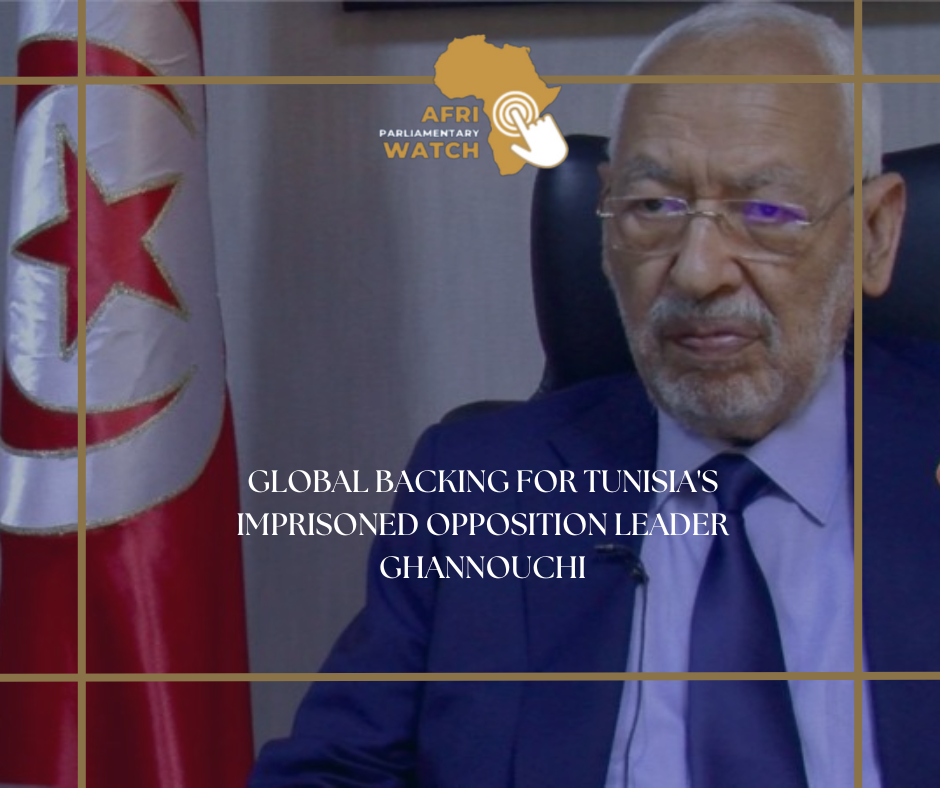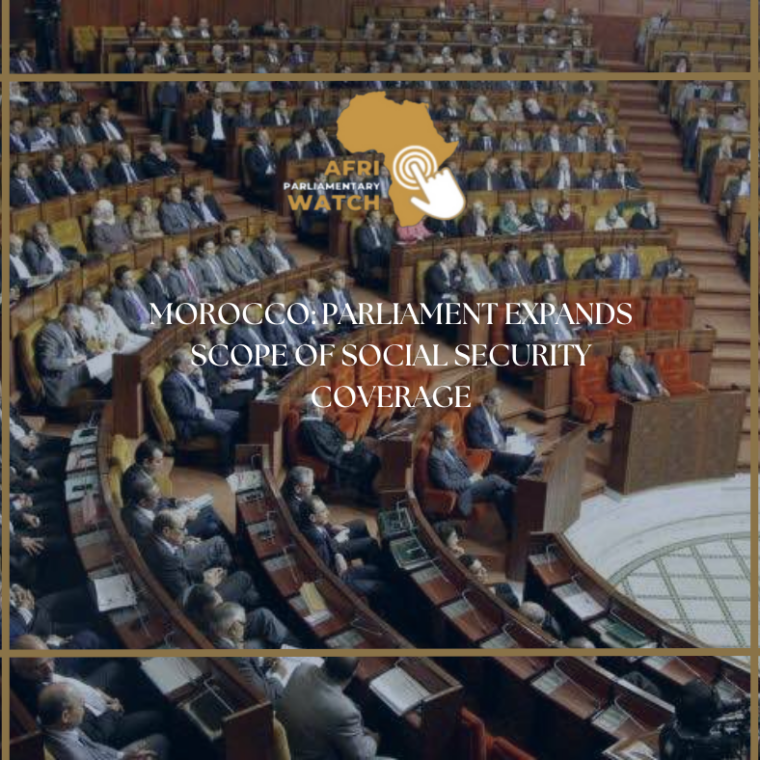On the first anniversary of Rached Ghannouchi’s arrest, a new international committee has been established to raise awareness about the imprisonment of Tunisia’s prominent opposition leader, now recognized as the “oldest prisoner of conscience in the Arab world.”
The International Committee for Solidarity with Rached Ghannouchi comprises statesmen, intellectuals, and advocates from around the globe, united in their efforts to secure his release. The committee emphasized that Ghannouchi, leader of the Ennahdha party and former speaker of Tunisia’s parliament, was unjustly detained at his home on April 17, 2023, during the holy month of Ramadan.
The committee stated, “His alleged crime? A speech at an opposition event where he criticized the dissolution of the elected parliament and the suspension of democratic institutions and the constitution since July 25, 2021.”
As a vocal critic of President Kais Saied, Ghannouchi became the most prominent figure arrested amid Saied’s consolidation of power, which has intensified since his election in 2019. In February, he received a three-year prison sentence for accusations related to foreign funding of his party, according to the official Tunis Afrique Presse news agency. Human Rights Watch has characterized Saied’s actions as a “power grab,” marked by the repression of critics and the erosion of judicial independence.
Critics warn that these developments threaten to reverse the democratic gains achieved since the 2011 ousting of longtime dictator Zine El Abidine Ben Ali, a pivotal moment in the Arab Spring.
In defense of his actions, Saied claims his administration is focused on combating corruption and government inefficiency.
The international committee highlighted that Ghannouchi’s arrest followed years of systematic persecution of political opposition, including media campaigns aimed at undermining him and his family. The committee noted that Tunisian authorities have dismantled the democratic institutions established during the country’s transition, replacing them with a new system of authoritarian rule through unconstitutional decrees.
Prior to his arrest, Ghannouchi had played a crucial role in building a democratic framework in Tunisia, promoting political pluralism and reducing ideological polarization.
The committee plans to advocate for Ghannouchi’s release, as well as that of all political prisoners, while also recognizing his contributions to the dialogue between democracy and Islamic moderation. They call on global governments and civil society organizations to demand the release of all prisoners of conscience and adherence to international law by Tunisian authorities.





